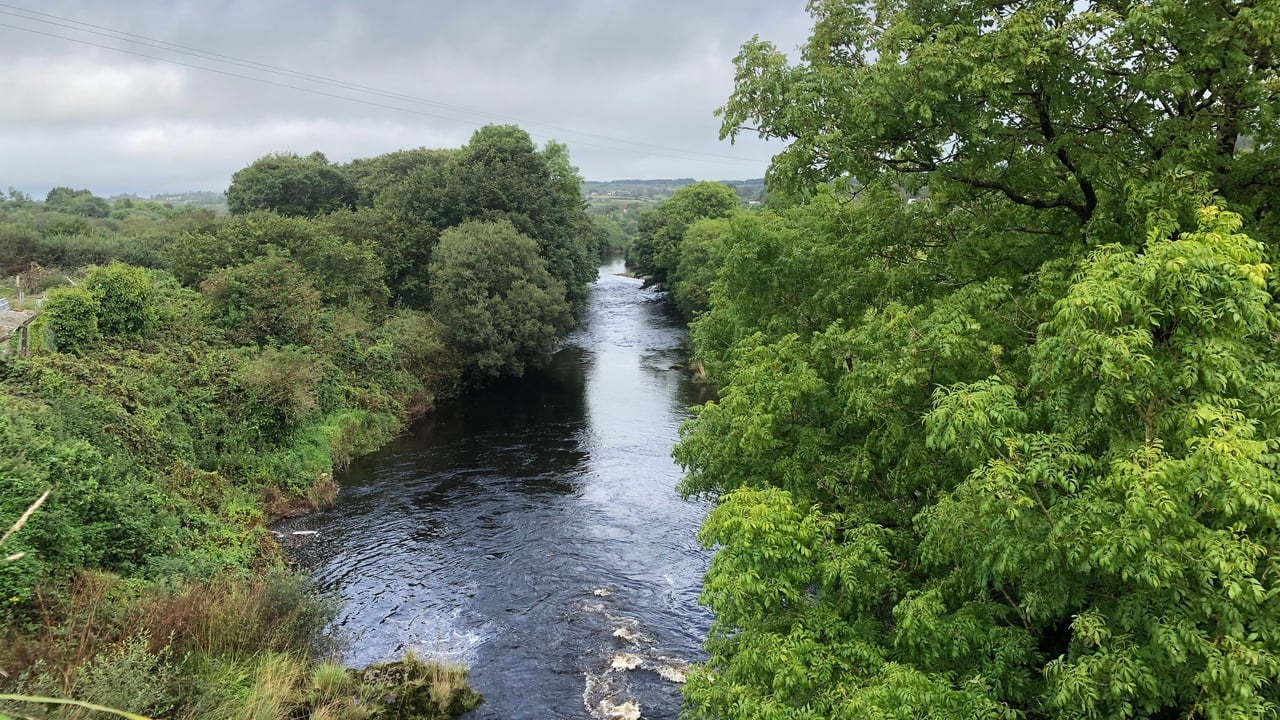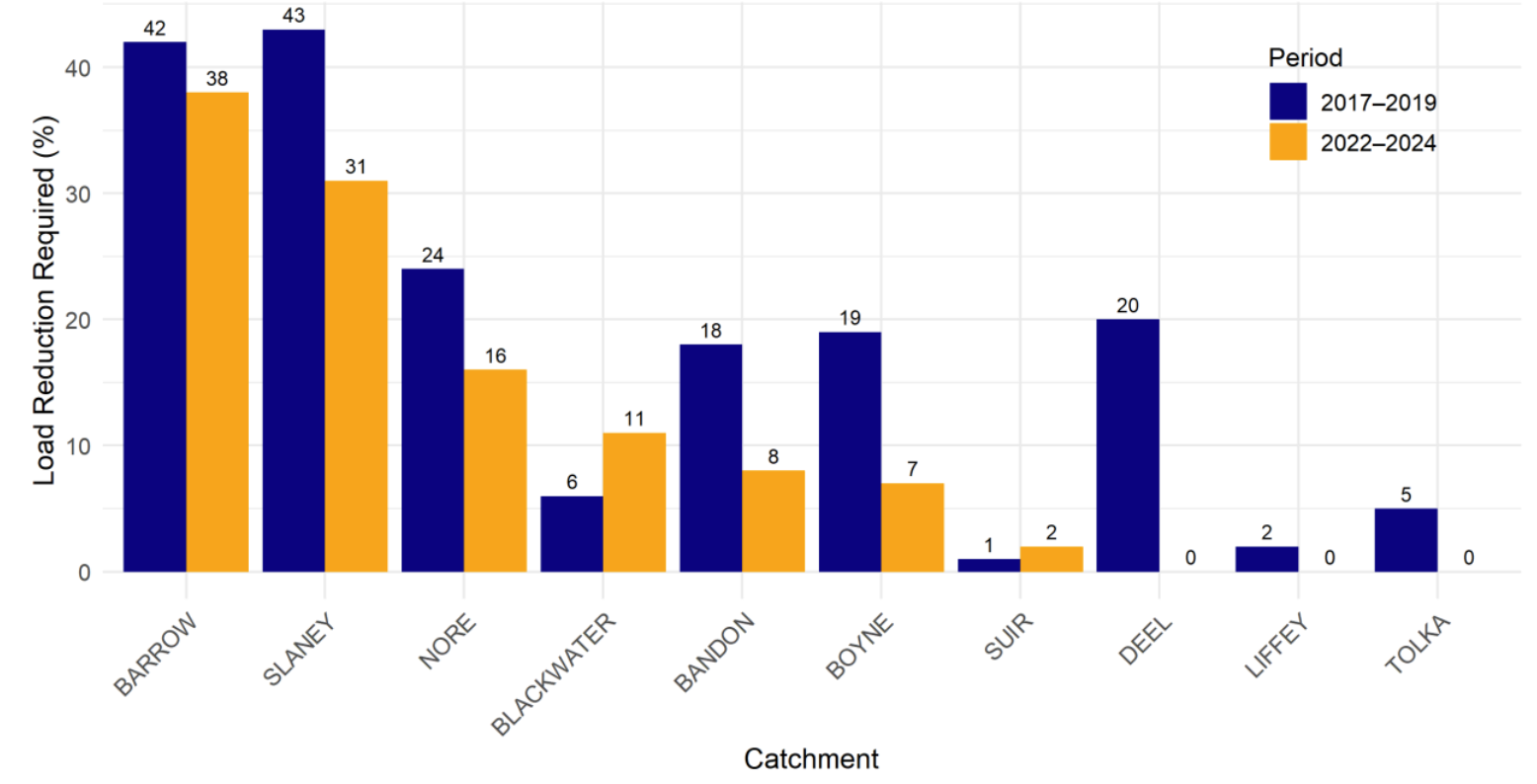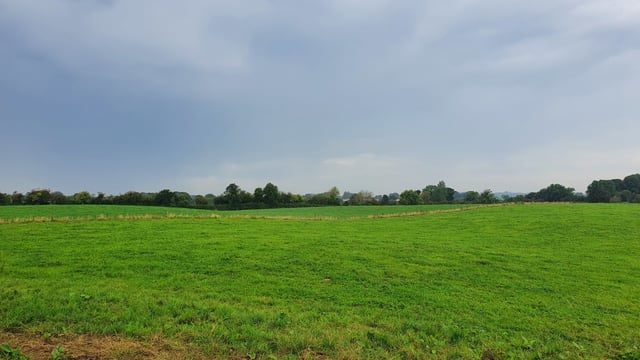EPA updates tools to target agri measures to protect water quality
The Environmental Protection Agency (EPA) has published updated evidence to support the targeting of agricultural measures to protect and improve water quality.
There are three updates to the evidence in the report which were published yesterday (Thursday, August 7):
- The scale of nitrogen load reductions needed in the catchments in the south-eastern half of the country where nitrogen levels remain too high;
- A new edition of the Farm and Landscape measures for Agriculture (FLAG) map. This was previously called the Targeting Agricultural Measures map;
- An extension of the datasets of catchment nitrogen concentrations and catchment nitrogen load reductions needed, for the period 1990-2024. This provides a wider context for current levels.
The updates to the evidence have been informed by the most recently published EPA report on Nitrogen and Phosphorus Concentrations in Irish Waters 2024.
That report noted that although nitrogen levels reduced in 2024, they remain too high in the catchments in the south-eastern half of the country.
This report shows that some areas have achieved the required nitrogen reductions, and most catchments are now closer to their target than they were for the previous assessment which covered the period 2017-2019.
However, the EPA said that the current results still fall short of the levels observed between 2008 and 2011, which remains the period when nitrogen levels were closest to meeting ecological targets over the past 35 years.
According to the EPA, ongoing and sustained action will be needed in the higher risk, freely draining, agricultural areas to further reduce nitrogen losses to waters before aquatic ecological health, and overall water quality will improve.
The EPA map to help identify where these highest risk areas are, and the types of actions that are needed, has also been updated. This map is now called the Farm and Landscape measures for Agriculture (FLAG) map.
The EPA undertakes a full assessment of the overall quality and ecological status of Ireland’s waters every three years. The latest full assessment was published in October 2022. The next full assessment for the period 2019–2024 will be published at the back end of this year.
The EPA also publishes water indicator data for over 1,000 monitoring points from the national water monitoring network, on an annual basis.
To provide a more timely overview of nitrogen concentrations and trajectories, the EPA has developed an Early Insights Nitrogen Indicator Report.
The report is based on data from 20 representative monitoring sites on major rivers, and it is published every six months to provide a preliminary insight into nitrogen levels nationally.
The River Basin Management Plan sets out the national policy and actions that are being taken by all sectors to improve and protect water quality.






